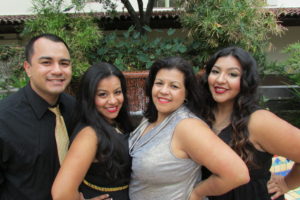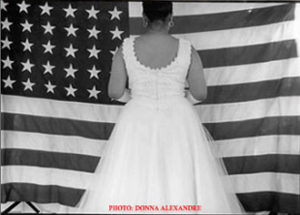Maria Hinojosa podcast LATINO USA-PERSPECTIVES spoke with poet and writer, Juan Felipe. His technique was unique where he used a smashed up mix of Spanish and English in his poems. His work showed the political awareness and social oppression that he first hand experienced. Juan Felipe was the first Chicano appointed the poet laureate of the United States by the Library of Congress. During his inauguration, he expressed his ‘radical politics’ by writing a corrido about the death of Sandra Bland, a black woman who died in police custody. The irony of his interview is the use of his voice and activism was being recognized, yet as a child, he was “silenced” in school.
Growing up in a farmer household, they spoke Spanish and the first day of school his father dropped him off in front. Immediately as he entered the school he spoke, “I must have asked something in Spanish and I was late… I got spanked for being late and I got spanked for speaking Spanish.” His story reminded me of a couple news reports about a Chicago educator being terminated for punishing English learning students.
Chicago-area teacher who punished students for speaking Spanish resigns in disgrace
The teacher was punishing third-grade students by isolating them from the class. Even though the school is over eighty percent Latino the consequences for speaking Spanish were to sit away from the class on the floor. The teacher prejudice is exemplified in her treatment to the Spanish speaking students. When in reality, these students are able to fully express themselves speaking their native language versus a newer language. It’s unfortunate that decades after the Chicanos Movement,”There have been at least five cases in states like Texas, Arizona, Missouri, North Carolina and New Jersey where schools tried to ban Spanish,” there is still prejudice against Latinos. Felipe is the perfect example of perseverance and using his voice to let others understand the cultural oppressions of his community.


